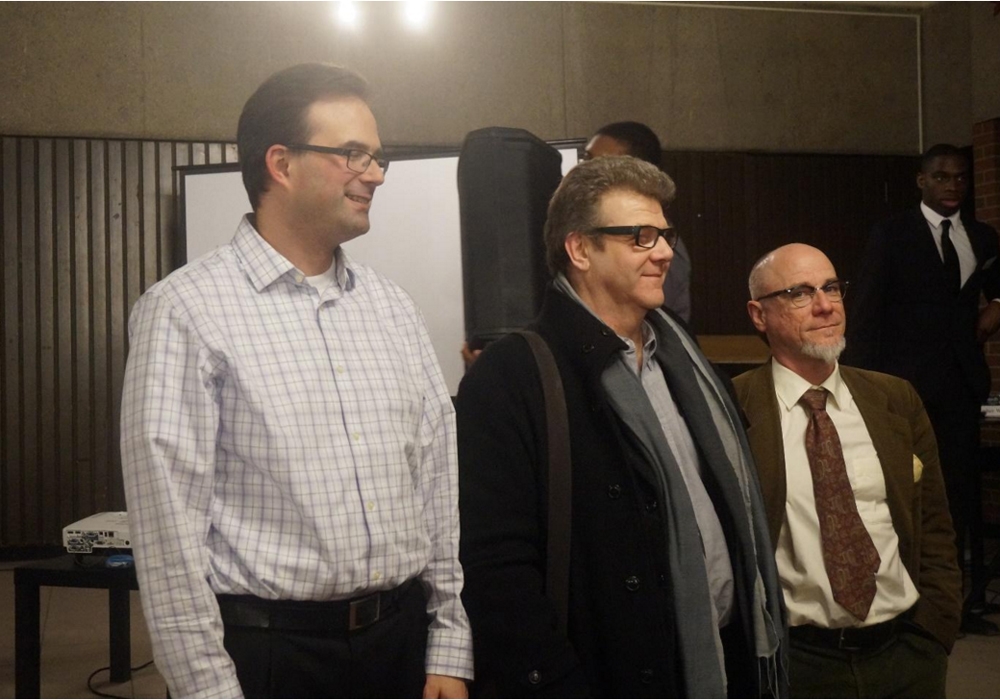Zainab Dada, Staff Writer
If it bleeds, it leads.
That’s the stance of many media outlets in Canada. However, the media doesn’t necessarily provide readers with information to understand the context of crimes, especially ones that happen on campus.
For instance, it’s often overlooked that York has a transparency policy and has virtually the same crime rate as the University of Toronto and Ryerson University.
Maclean’s touched upon this topic in the 2014 article “Is the media fair to York University?”
This year’s criminology conference encouraged students and faculty to think critically about the relationship between crime and media.
Hosted by the Criminology Society at York University, the event focused on media perceptions of crime.
The day was filled with presentations from York professors and students, including speakers from the University of Toronto.
“We should be critical as consumers of information, whether it is from the news or whether it comes from any of their guest speakers,” says Tanika McLeod, third-year criminology student.
“We want to encourage the audience members to be engaged with what they learn about every day.”
William Watson, professor of criminology at UofT, says if you look at the history of the social sciences and humanities, what you often find in the social sciences is that when a particular ideology takes off, a fair number of people get excited about it.
“Twenty years later people question why we were so excited about it. But as a professor, we have to believe that we can facilitate students to develop their own capacities to think critically, independently, [and] critically analyze these things. We can’t pretend that we have solved all the problems.”
Watson also mentioned that he always encourages to get his students to think critically about what they read, and to think critically of their own ideas, as well as have their own ideas, do some research, and also think about how good their ideas are. The more that students develop their own autonomous critical capacity, the better for their careers.
Shayyan Malik, third-year criminology student, is often critical about what he sees in the news.
“I think one of the key things is not just to look at the media critically. I know a lot of people seem to think that media representations are not necessarily distorting images of crime, but also take it from the point of view, that there is some value in those representations.”
As McLeod describes, we should think of ourselves as active members of society, and ultimately, take on this responsibility to engage with the information we are presented with not only critically, but intellectually, and in a open-minded way.
Follow us on instagram, @excalphotos




